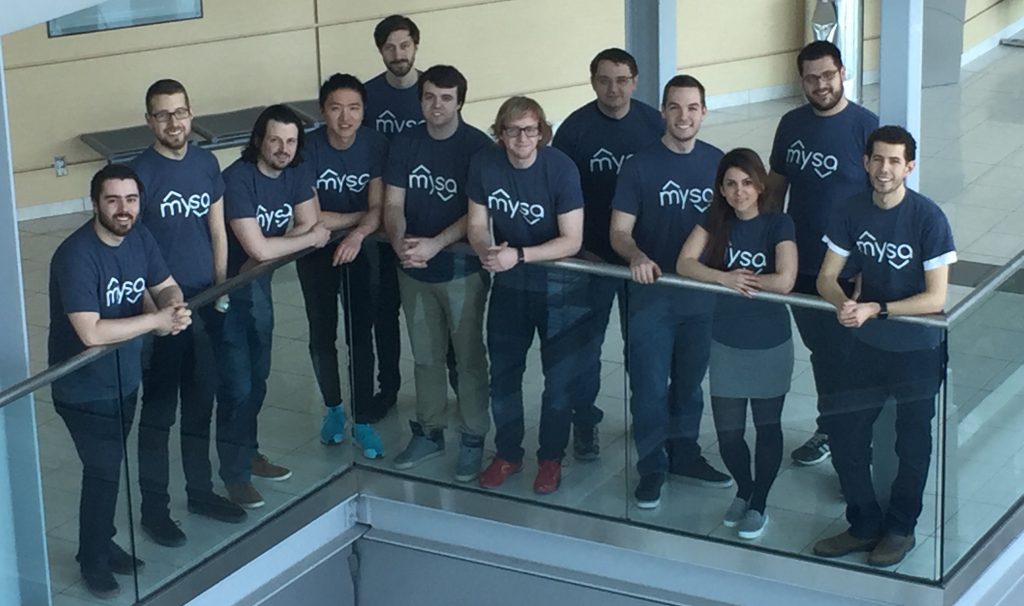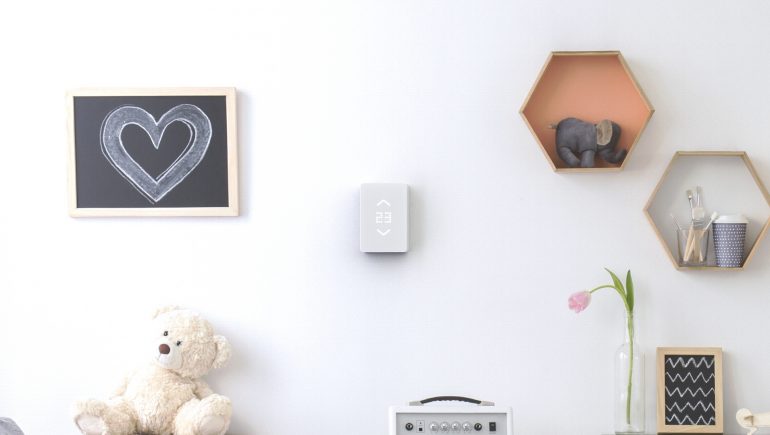When Joshua Green was working as an energy auditor in Newfoundland, part of his job was visiting people in their homes to find ways to lower their energy bill. While he recommended installing a smart thermostat to control energy, he found that many customers couldn’t use a smart thermostat in their home, as thermostats like Nest rely on central heating like furnaces or heat pumps, while they had high-voltage electric heat.
When Joshua realized that this was a problem, him and his brother, Zachary Green, decided to try filling this gap. The brothers co-founded St. John’s-based Empowered Homes, and began developing their Mysa smart thermostat in early 2016 to work with electric heaters such as baseboards, fan-forced heaters, and in-floor heaters. Currently, Empowered Homes claims that one in three homes in Canada can’t use Nest.

Over a year later, the company has announced its $600,000 seed round to support the development of Mysa. Mysa connects any electric heater to the internet and can be remotely controlled through an app. The company plans to use the funding to hire more developers and marketers.
“To build a hardware company, we needed a lot of capital, which we didn’t have,” said Zachary, now the COO of Empowered Homes. “We started collecting presales on our site, and through that, we were able to get the sales we needed to demonstrate traction, and attract investors. We were able to hire key talent that we needed.”

The pre-sale site, which launched in December 2016, has so far pre-sold over 500 thermostats to homeowners across North America. The company so far has a fully functioning remote programmable thermostat that allows users to control a thermostat through the app, and is doubling down on its machine learning features that learn the homeowner’s schedule and habits and finds opportunities to save more energy. Empowered Homes plans to ship the first thermostats to pre-order customers beginning in October, and is working with customers to get feedback on what they’re looking for in the thermostat.
The company said that because there’s a high-cost to retrofitting a home and a predicted electricity cost spike in the early 2020s, it will push people to seek out alternatives like Mysa. While Zachary acknowledged that one of the challenges with baseboard heating is that they have to put a thermostat in every room, he said they try to turn that to an advantage by giving price breaks to people who buy more.
“Because we have so many thermostats, you can have precise control over which rooms get heating; we believe the energy savings on our solution can be much higher than others like an ecobee, because they do the whole house while we do a per room basis,” said Zachary.


